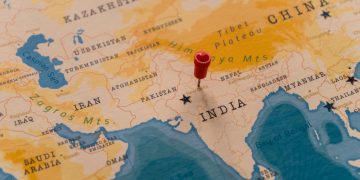Companies shake hands for sustainable logistics
Syngenta Crop Protection and Maersk announced the extension of their fourth-party logistics (4PL) partnership for an additional five years. According to their joint statement, this renewed collaboration underscores both companies’ commitment to responsible logistics through continuous supply chain optimisation. A cornerstone of the collaboration is the focus on more sustainable logistics, with both companies committed to reducing greenhouse gas (GHG) emissions throughout the supply chain. Credit: Syngenta Maersk aims to achieve net zero GHG emissions across its entire business by 2040, while Syngenta’s sustainability priorities are accelerating efforts to decarbonize its operations and set clear targets for sustainable operations. Under the collaboration, regular reporting on emissions and ongoing dialogue on sustainability outcomes are key determinants of business performance.
Read more
































































